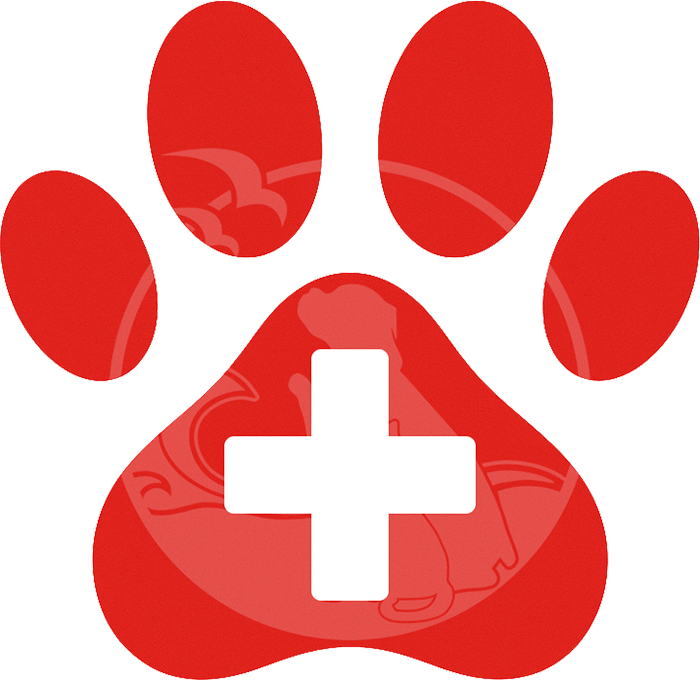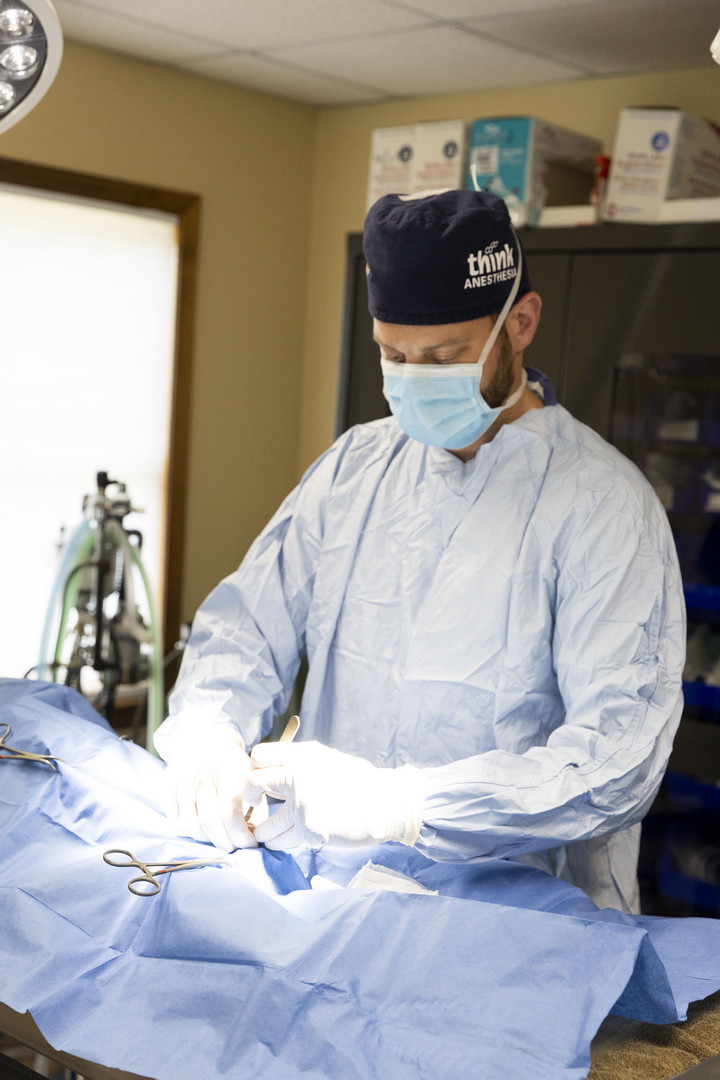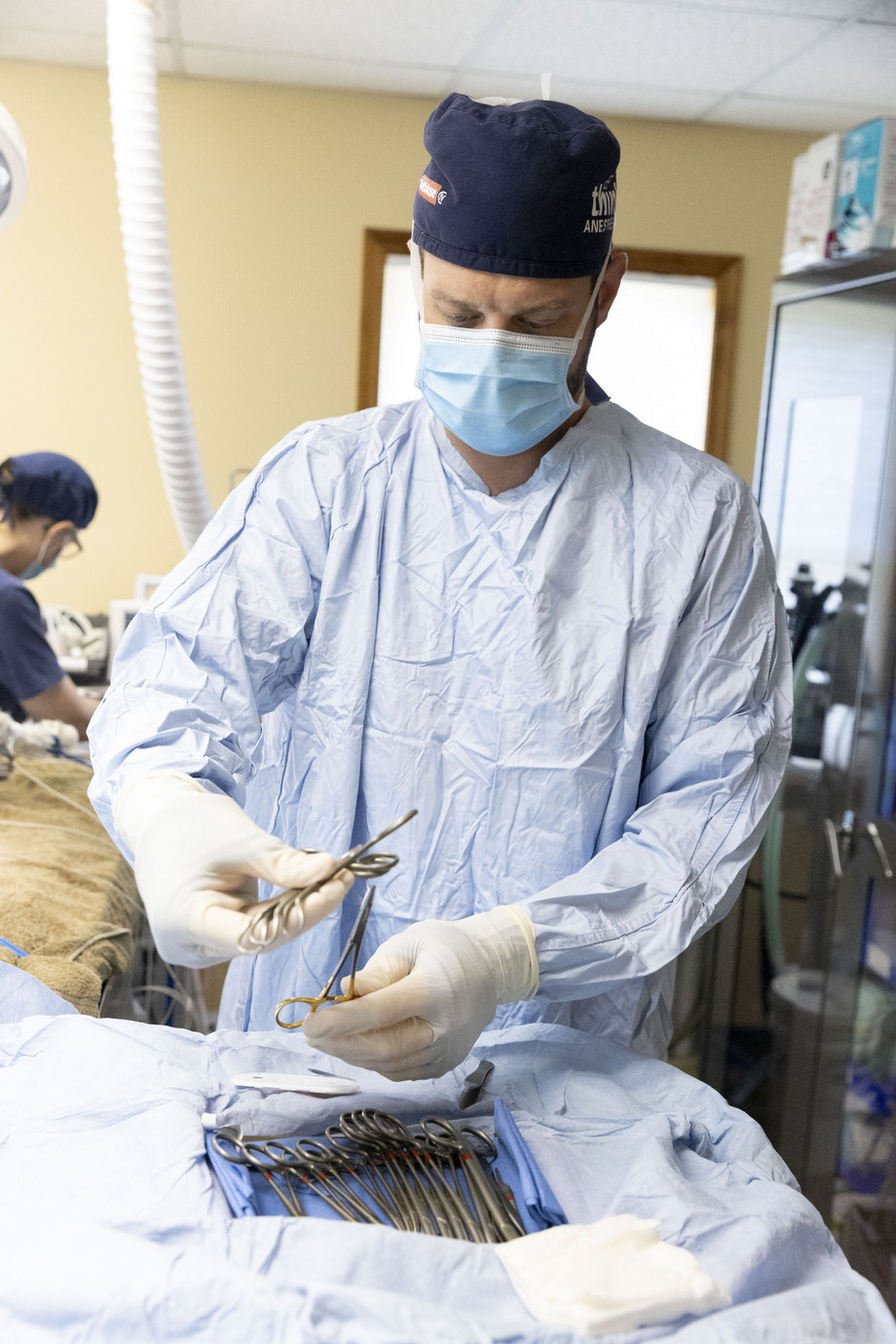Southern Ocean Animal Hospital
Emergency Veterinary Services
Southern Ocean Animal Hospital provides urgent emergency veterinary care during business hours at our Tuckerton, NJ location. If your pet experiences sudden illness, injury, or distress, call immediately. Quick action ensures faster treatment and the best possible outcome.


Emergency Vet Near Tuckerton, Little Egg Harbor, LBI
Veterinary Emergency Care
When every second matters, pet owners in Tuckerton, Ocean County, NJ, and the surrounding Jersey Shore and LBI communities can rely on Southern Ocean Animal Hospital for trusted emergency veterinary care. Led by Daniel N. Pascetta, DVM, our team is experienced in handling urgent and complex cases, from sudden injuries and trauma to life-threatening illnesses. Dr. Pascetta’s expertise in emergency medicine, advanced diagnostics, and surgical procedures ensures that pets receive rapid, precise, and compassionate care when it’s needed most.
Our hospital is fully equipped with on-site laboratory capabilities, advanced imaging technology, and surgical tools, allowing us to quickly diagnose conditions, perform emergency procedures, and stabilize critical patients. As an authority in emergency veterinary medicine, we provide the confidence and reassurance that your pet is in expert hands—because in emergencies, immediate action and trusted care can make all the difference.
Emergency Veterinary Services
Common Pet Emergencies
When your pet faces an urgent health crisis, every moment counts. At Southern Ocean Animal Hospital in Tuckerton, NJ, our experienced veterinary team, led by Daniel N. Pascetta, DVM, is prepared to respond quickly and effectively. With on-site diagnostic labs, advanced imaging tools, and surgical equipment, we deliver immediate care that can make all the difference in emergencies. Whether it’s trauma, sudden illness, or a life-threatening condition, our hospital is equipped to stabilize and treat your pet with compassion and expertise.
Common Emergencies We Treat Include:
-
Accidents and trauma – car accidents, falls, and bite wounds.
-
Severe bleeding – uncontrolled bleeding from injuries or illness.
-
Breathing difficulties – choking, collapse, or upper airway obstruction.
-
Toxin ingestion – chocolate, raisins, medications, or household products.
-
Seizures – prolonged or repeated seizures requiring urgent attention.
-
Bloat and gastric torsion – sudden abdominal swelling and distress.
-
Urinary blockages – painful straining or inability to urinate.
-
Severe vomiting or diarrhea – especially if persistent or with blood.
At Southern Ocean Animal Hospital, we stand ready to protect your pet when emergencies strike—because fast action and trusted care can save lives.

Full List of Our Hospital Emergency Services
Trauma & Accidents
-
- Hit-by-car injuries, falls, animal fights, or blunt trauma.
These incidents may cause broken bones, internal bleeding, head trauma, or shock. Dr. Pascetta and his team are trained in emergency triage, stabilization, and surgery.
- Hit-by-car injuries, falls, animal fights, or blunt trauma.
Uncontrolled Bleeding (Hemorrhage)
-
- Bleeding from wounds, nose, mouth, rectum, or urinary tract.
Immediate intervention may be needed to stop blood loss, identify internal sources, and prevent shock or death.
- Bleeding from wounds, nose, mouth, rectum, or urinary tract.
Bloat (Gastric Dilatation-Volvulus)
-
- Sudden bloating, retching, and distress in dogs, especially deep-chested breeds.
A life-threatening condition requiring immediate surgery to prevent stomach torsion and organ failure.
- Sudden bloating, retching, and distress in dogs, especially deep-chested breeds.
Collapse or Unresponsiveness
-
- Sudden inability to stand, fainting, or loss of consciousness.
Can result from heart problems, seizures, heatstroke, trauma, or internal bleeding—requires fast diagnostics and stabilization.
- Sudden inability to stand, fainting, or loss of consciousness.
Complications from Chronic Disease
-
- Sudden flare-ups in pets with diabetes, kidney disease, heart failure, or other long-term illnesses.
On-site bloodwork, imaging, and intensive monitoring allow for rapid intervention.
- Sudden flare-ups in pets with diabetes, kidney disease, heart failure, or other long-term illnesses.
Difficulty Breathing (Dyspnea)
-
- Labored breathing, wheezing, or panting excessively.
May indicate airway obstruction, fluid in lungs, pneumonia, or heart failure. Immediate oxygen therapy and diagnostics are critical.
- Labored breathing, wheezing, or panting excessively.
Urinary Obstruction
-
- Common in male cats and dogs, including being unable to urinate or straining.
A painful, life-threatening emergency that can cause kidney damage and heart arrhythmias requires catheterization or surgery.
- Common in male cats and dogs, including being unable to urinate or straining.
Ingesting Toxic Substances or Foreign Objects
-
- Swallowed human medications, chocolate, grapes/raisins, marijuana, toys, socks, bones, etc.
Vomiting may be induced, activated charcoal given, or surgery performed to remove obstructions.
- Swallowed human medications, chocolate, grapes/raisins, marijuana, toys, socks, bones, etc.
Seizures
-
- Shaking, twitching, drooling, or collapsing from uncontrolled brain activity.
Seizures over 3 minutes or multiple seizures warrant emergency care to stabilize and evaluate causes such as epilepsy, toxins, or trauma.
- Shaking, twitching, drooling, or collapsing from uncontrolled brain activity.
Vomiting & Diarrhea
-
- Repeated vomiting or diarrhea, especially with blood or lethargy.
Could signal poisoning, viral infection (parvovirus), pancreatitis, or intestinal blockage. Dehydration and electrolyte imbalances require prompt correction.
- Repeated vomiting or diarrhea, especially with blood or lethargy.
Upper Airway Crisis
-
- Sudden swelling or blockage of the throat.
It can be caused by allergic reactions, trauma, or tumors, and can lead to suffocation if untreated.
- Sudden swelling or blockage of the throat.
Pericardial Effusion
-
- Fluid buildup around the heart.
Causes breathing problems, collapse, and heart failure—requires ultrasound-guided drainage (pericardiocentesis) and advanced monitoring.
- Fluid buildup around the heart.
Toxicity Treatment
-
- Common toxins: chocolate, xylitol (sugar substitute), grapes, marijuana, human medications, and cleaning supplies.
Includes induced vomiting, IV fluids, activated charcoal, bloodwork, and antidotes when available.
- Common toxins: chocolate, xylitol (sugar substitute), grapes, marijuana, human medications, and cleaning supplies.
Sepsis (Blood Infection)
-
- Fever, collapse, or organ dysfunction from severe infection.
Treated with hospitalization, IV antibiotics, fluids, and close monitoring in the hospital’s intensive care unit.
- Fever, collapse, or organ dysfunction from severe infection.
Vestibular Disease
-
- Sudden loss of balance, head tilt, rapid eye movement (nystagmus), and vomiting.
This condition is common in older dogs and may mimic a stroke. Requires exams and diagnostics to rule out brain or inner ear disease.
- Sudden loss of balance, head tilt, rapid eye movement (nystagmus), and vomiting.
On-Site Capabilities & Specialized Equipment
-
- In-House Laboratory: Rapid bloodwork, urinalysis, fecal testing, cytology.
-
- Digital X-Rays & Ultrasound: Used to diagnose internal injuries or illness.
-
- Surgical Suite: For emergency abdominal surgeries, laceration repair, bladder stone removal, and more.
-
- Oxygen Therapy & IV Fluid Support: Life-saving support during respiratory and circulatory emergencies.
-
- ECG Monitoring: To track heart activity in critical cases.
-
- Pain Management & Anesthesia Monitoring: Safe handling of emergencies with minimal discomfort.
Why Choose Dr. Daniel N. Pascetta, DVM
-
- Veterinary Surgeon & Emergency Expert: Dr. Pascetta is not only a general practitioner but a skilled surgeon capable of handling complex and time-sensitive procedures.
-
- Decades of Experience: Known throughout Ocean County and Southern NJ for compassionate care and clinical expertise.
-
- Trust & Transparency: Pet owners are always kept informed with precise diagnostics, options, and follow-up instructions.
